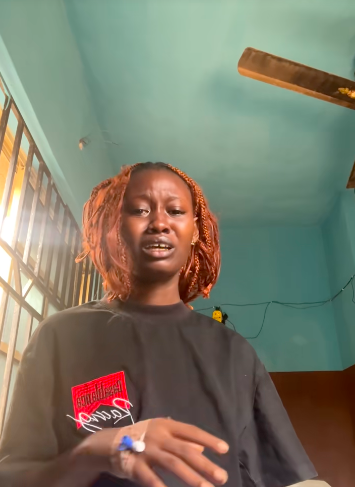From Okwe Obi, Abuja
A storm is brewing between the federal government and stakeholders as controversy deepens over the continued domiciling of more than 370,000 cooperative societies under the Ministry of Agriculture and Food Security.
This means that registration, approval and supervision are under the purview of the minister.
Critics argue that the arrangement is outdated and misaligned with the diverse functions of modern cooperatives, many of which operate outside the agricultural space.
Recently, the Minister of State for Agriculture and Food Security, Abdullahi Sabi, announced a clampdown on illegal cooperative societies, noting that people set up these societies to defraud unsuspecting members of the public.
In addition, he said the federal government had taken proactive steps to reposition cooperative societies as a tool for community wealth creation through the implementation of the Renewed Hope Cooperative Reform and Revamp Programme (RH-CRRP).
Abdullahi revealed that cooperative development had been prioritized as a strategic tool for poverty eradication, rural transformation, and inclusive growth.
“Cooperatives today represent over 1 billion members worldwide, operating in over 100 countries, and providing over 280 million jobs — that’s almost 10% of the world’s employed population.
“In Nigeria, cooperatives are actively transforming lives across the agriculture, housing, credit, transportation, and trade sectors.
“We currently have over 370,000 registered cooperative societies with millions of members working to boost rural livelihoods, improve agricultural productivity, and expand financial inclusion — particularly among women and youth,” he said.
According to him, some of the key components of the transformative programme include: policy and regulatory reforms to improve governance, accountability, and ease of doing business for cooperatives; digitalization of cooperative registries at both federal and state levels; capacity building for cooperators, cooperative officers, and service providers focusing on entrepreneurship, financial literacy, and enterprise development, among others.
But the Chief Executive Officer of Terra Industry, Nathan Nwachukwu, said the cooperative societies should have a separate agency, given their large number.
According to Nwachukwu, most cooperative societies are not agric-based, but in housing and other sectors.
In addition, he suggested that the government should consider the creation of a wealth ministry.
He added: “The 1947 law is long outdated. So, there is so much that needs to be changed. And if you ask me personally — this is my personal opinion — at this juncture, Nigeria needs a Minister of Wealth.
“And we do agree that that law needs to be really upgraded. Because that 1994 law was adapted from a 1947 law.
“At this juncture, we either need a Minister of Property, or we need a commission, a Property Commission.
“Because Nigeria’s property law is under the Ministry of Land and Environment. That assumes that every property is agriculture. That’s not true.
“There are labour properties, there are production properties, there are transport properties, there are other kinds of properties. How do you put all of them in the Ministry of Agriculture? “Because the regulator’s committee of agriculture will be seeing everything from the perspective of agriculture. That is not true.
“I understand that when the law was made, agriculture was a predominant activity in the Nigerian economy. But we left that a long time ago.
“So, I think that it is high time for a complete framework to be created for the property movement in Nigeria, where you can either have a Property Commission or a Property Commission fully independent of any agroecology.”
On his part, National President of the All Farmers Association of Nigeria (AFAN), Kabir Ibrahim, said if the establishment of an agency to supervise cooperative societies would boost food production, there would be no problem.
Ibrahim argued that it should not be for mere showmanship or political convenience, as the country was not in short supply of agencies, but they are underfunded.
He said: “Well, as far as I am concerned, if it will make the cooperative societies more effective or more efficient, and will bring about food security, I do not mind it.
“But how many agencies have we got that are really functional? So many agencies have been created and they have no funding. They are not doing much.
“So, it is up to the government to really think best of what to do if it is going to be efficient in the management or the funding of those agencies.
“Otherwise, we will have too many agencies. In Nigeria, you know, there is not a lack of agencies or MDAs or ministries to do these things, but implementation of the policies is actually the major consideration.
“So, the clamour for new agencies or whatever will create jobs for some people who will run the agencies. But whether that will effectively make the cooperatives functional — that is what concerns us.
“As a farmer, I believe that the drive towards food security should be all-encompassing.
“We must fund whatever we create towards the attainment of food security or food sufficiency in Nigeria. So, as far as I am concerned, I am happy if you create a new agency and it will work fine. But if it is just for the creation’s sake and for other people to get jobs and all that, I do not think we will support that.”


















Leave a comment